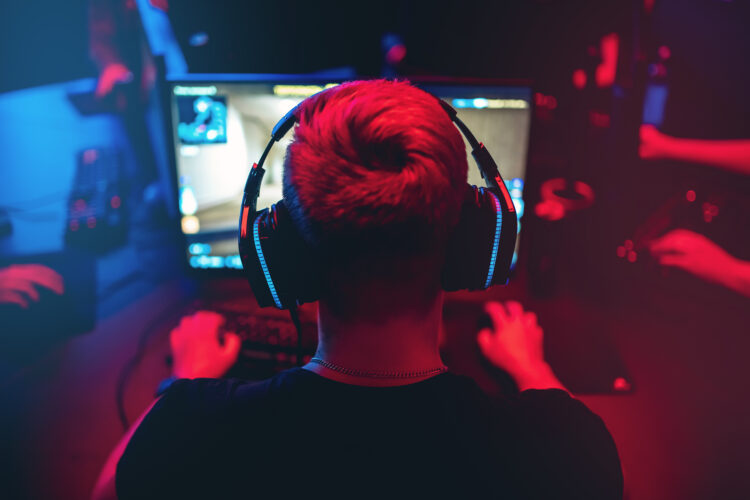Riot Games’ (Riot) team-based, first-person-shooter game, Valorant, has received mixed emotions upon its announcement that it will monitor the game’s voice chat. Team-games especially benefit from players being able to communicate throughout the game to strategize and make quick decisions. However, with that benefit comes toxic behavior. Most, if not all, online players have experienced some form of harassment while gaming.
Valorant Fights Back Against Toxic Gaming Culture
Riot’s titles, such as Valorant and League of Legends, have become notorious for player toxicity through voice and text chatting. Due to this, Riot announced that starting July 13, it will begin monitoring in-game voice chats throughout North America. Riot alludes to this being an altruistic move to combat disruptive players, however, gamers have understandably expressed concerns over their privacy rights.
Supervising player conversations aims to assist Valorant’s war against online toxic behavior. Riot’s beta program will record and analyze players that appear prone to verbal attacks. According to Riot, the data collected from the program will hopefully allow their AI to get in a sufficient place for a beta launch in later 2022.
Concern Over Privacy Rights
Valorant players have had varied reactions to this news. Many have voiced frustration due to a lack of details from Valorant, that seemingly won’t be shared before the July launch. For example, it seems unclear whether the voice chat AI will continue to monitor if a player’s microphone is muted. The largest complaint seems to be people’s privacy rights. Players have expressed concerns whether this recording is legal. Riot first introduced the idea of voice evaluation in Valorant back in April 2021, and at that point they chose to update their Privacy Notice and Terms of Service section, even though a system was not yet in place. Thus, all players have already consented to Riot’s right to monitor their conversations. Additionally, players can technically opt out if they completely disable voice chat. This is not the perfect solution, but certainly beats quitting the game entirely if privacy is the main concern.
Regardless of gamer opinions, voice chat evaluations are happening and hopefully this helps Riot in its efforts to combat toxic gaming environments.
If you have any questions or concerns related to Riot’s privacy notice, please contact KJK Esports attorneys Scott Norcross (SAN@kjk.com; 216.736.7264) or Paige Rabatin (PMR@kjk.com; 216.736.7270) for further clarification.
